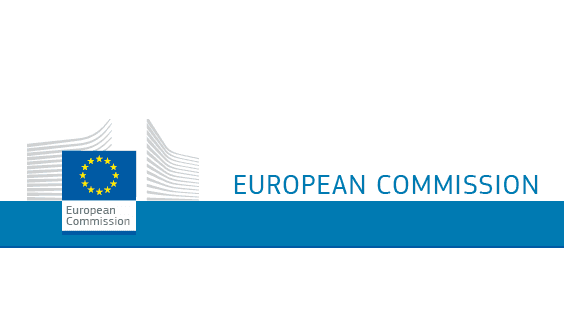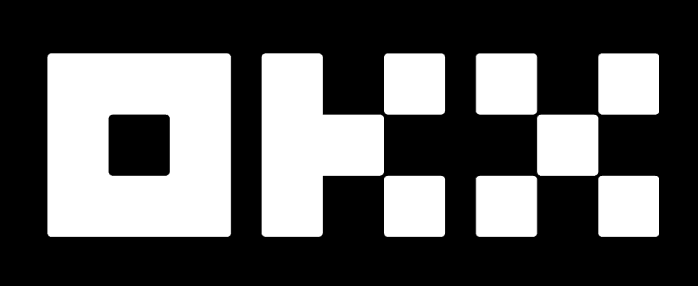European Commission to Use Blockchain to Fight Bots
Blockchain was a proposed solution to online disinformation bots in a recently published European Commission press release. The EU’s Code of Practice on Disinformation, which will be introduced this summer, aims to tackle the spread of disinformation. In recent years false […]

Blockchain was a proposed solution to online disinformation bots in a recently published European Commission press release.
The EU’s Code of Practice on Disinformation, which will be introduced this summer, aims to tackle the spread of disinformation. In recent years false information spread by bots has been a growing issue, with many attributing bots on Facebook as being a primary factor influencing 2016 US Election.
The scale of the problem was revealed by a report by the Commission’s High Level Expert Group on Fake News and Online Disinformation. Outlining that the transparency of online news needed to be addressed, the report also called for greater media and information literacy and the development of ‘tools’ to tackle the problem.
According to the Commission’s latest press release, blockchain could well be one such tool. Just how exactly was outlined:
“Innovative technologies, such as blockchain, can help preserve the integrity of content, validate the reliability of information and/or its sources, enable transparency and traceability, and promote trust in news displayed on the Internet. This could be combined with the use of trustworthy electronic identification, authentication and verified pseudonyms…”
The proposal comes alongside a drive for online platforms to self-regulate, by developing their own policing tools. If platforms are unable to curb the rate of misinformation online however, the Commission has not ruled out regulation. Facebook, Twitter, and Google have been identified as platforms that are under careful scrutiny.
The move to prevent online misinformation is raising concerns amongs many who value free speech online. Critics are arguing that a heavy-handed approach will push online platforms into censorship. A similar law which was enforced in Germany, known as NetzDG has faced widespread criticism for having this result.
How the EU will exactly implement blockchain technology in this field is still unclear, but the suggestion is a clear sign that regulators are well aware of the far-reaching potential use cases for this new technology.
























































